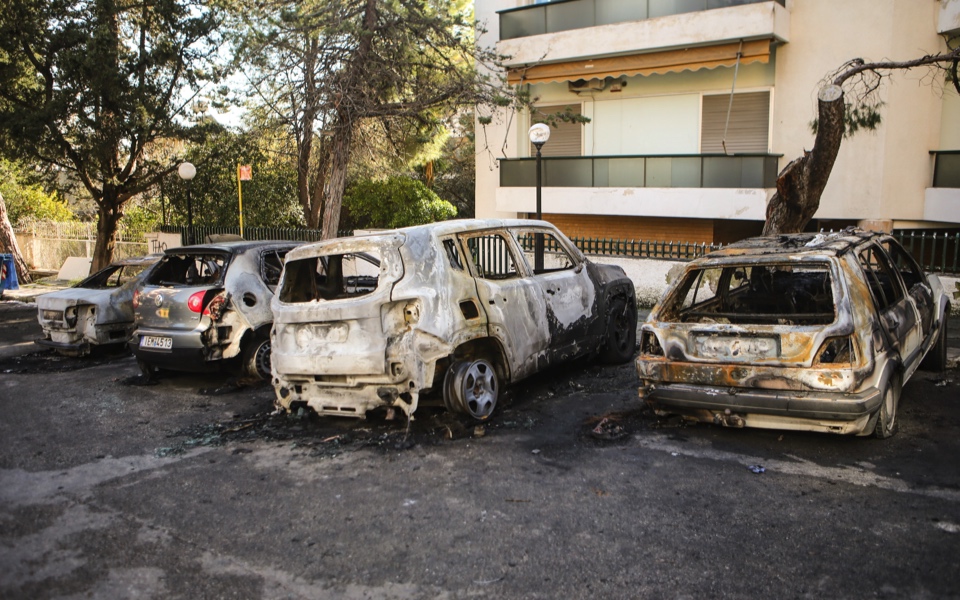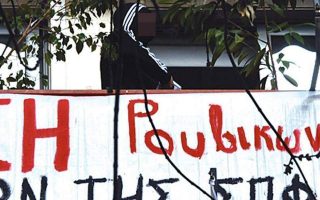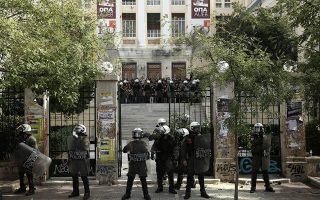The Greek paradox

Many Greeks believe that incidents like clashes between protesters and police, the torching of vehicles and vandalism against businesses are purely Greek phenomena. The activities of violent activist groups, hooligans and, worse still, terrorists have come to be thought of by a good part of the population as mere components of what has come to be known as the “Greek paradox,” meaning the chasm between the country’s incredible promise and its disappointing failure to deliver.
Following a recent spate of arson attacks on cars in different parts of Athens and elsewhere, many asked why the police don’t simply arrest the people committing these crimes, as others commented in meaningful tones that such incidents would not be tolerated in countries like Germany or France. Is there any truth to this? A mere glance at the police bulletins of those and other countries says that there isn’t.
In the Netherlands just last week, authorities were on the alert following the delivery of several letter bombs to businesses in Amsterdam, Utrecht and other cities. A few days earlier, on February 6, police in Northern Ireland intercepted a truck carrying an explosive device 40 kilometers outside of Belfast. Last summer in France, the offices of a hunting association were torched, while anarchists in Leipzig in Germany set fire to two vehicles belonging to a telecoms firm in response to the arrest of their “comrades.”
Last but not least, six cars belonging to the Italian oil company Eni were torched in Rome a few months ago by anarchists seeking to “set the ground on fire,” according to a post claiming responsibility for the attack.
Europol’s latest report on terrorist activities in European Union member-states provides an overall picture of the phenomenon. According to the survey, Greece recorded seven acts of terrorism or extremism in 2018, against 60 in the UK, 30 in France, 13 in Italy and 11 in Spain.
Sure, like other EU member-states, Greece has certain quirks of its own when it comes to issues of security and public order. But in contrast to the prevailing belief, it is not outside the EU average, nor, of course, do the perpetrators of such actions enjoy any particular impunity.





